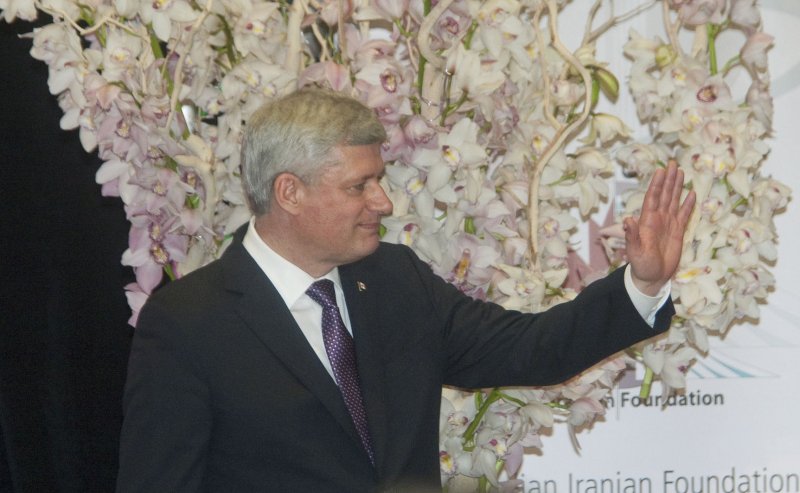OTTAWA, June 30 (UPI) -- Canada revealed it would expand economic sanctions against Russia over Russian involvement in Ukraine and Crimea, and retaliatory sanctions announced last week.
The newest sanctions, imposed Monday, are expansions of current sanctions to include Gazprom, Gazprom Neft, Surgutneftegaz and Transneft, each a major state-owned Russian gas and oil company. They come after Russia extended its one-year ban on the importation of several categories of food from Western suppliers, including those from Canada.















